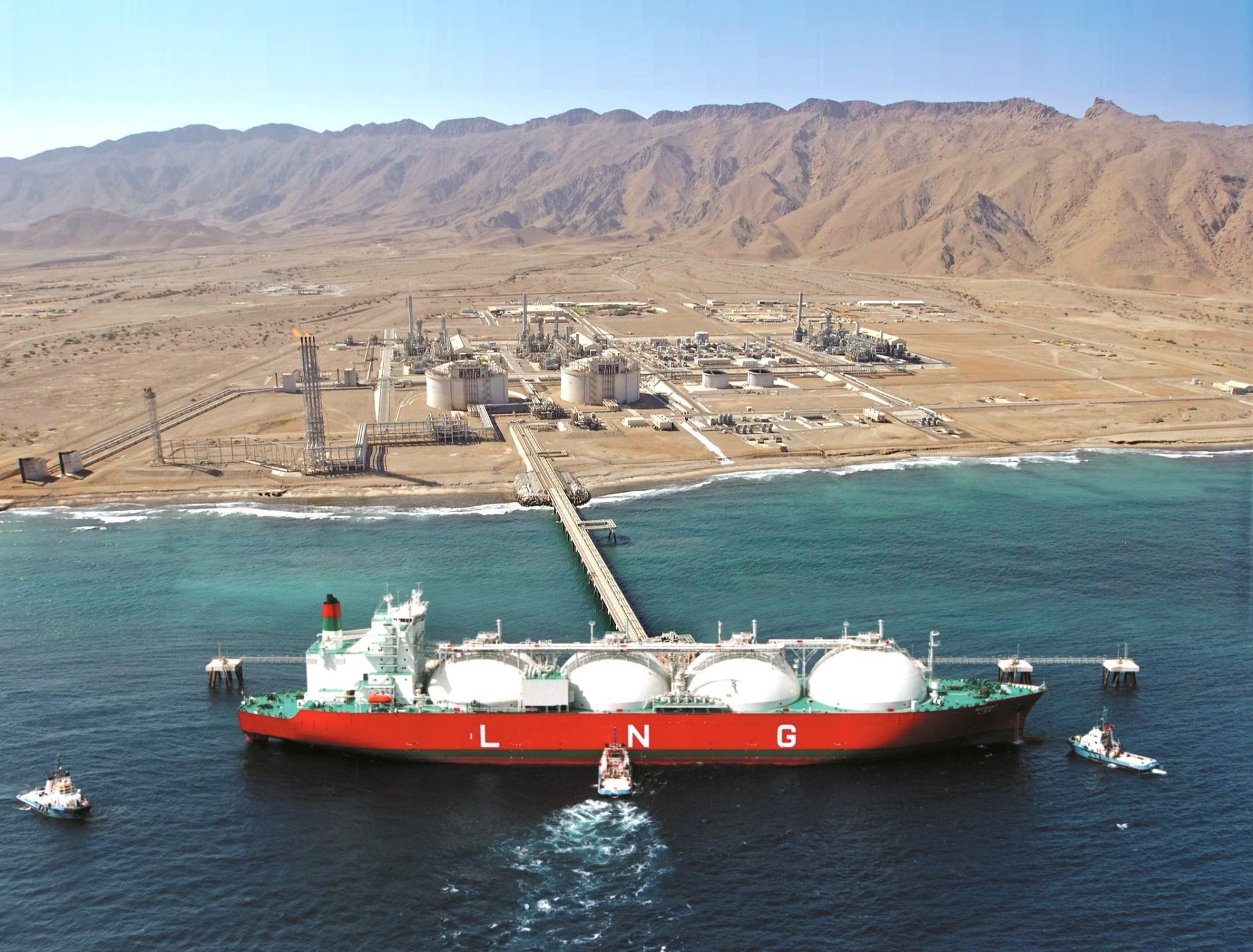State-owned producer Oman LNG has signed a memorandum of understanding with Japan’s engineering firm Hitachi Zosen to collaborate on methanation as part of its decarbonization drive.
Hitachi Zosen said in a statement the MoU is based on a deal signed between Oman and Japan in December 2022 regarding cooperation on carbon recycling, including hydrogen, ammonia, and methanation.
It aims to implement methanation equipment in Oman LNG’s plant and to utilize emitted CO2 as a resource.
The Japanese firm said that the two parties aim to study the commercial prospects for a small pilot plant (methanation equipment, waterelectrolysis equipment, etc.) at a site adjacent to the existing LNG plant and produce 1,200N ㎥/h of e-methane.
Methanation is a technology that produces methane, the main component of natural gas, by reacting hydrogen and carbon dioxide in a reaction vessel filled with a catalyst, it said.
Oman LNG operates three LNG trains in Qalhat with a nameplate capacity of 10.4 mtpa sourcing gas from the central Oman gas field complex.
Due to debottlenecking, the company’s complex now has a production capacity of around 11.4 mtpa.
Oman LNG, in which the government of Oman holds 51 percent, was quite busy last year and it signed shareholding deals with international companies, including Shell and TotalEnergies.
Based on these agreements, Oman LNG’s shareholding structure will continue with Oman Investment Authority, Shell, TotalEnergies, Korea LNG, Mitsui & Co., Mitsubishi, PTTEP, and Itochu.
These agreements followed the completion of Oman LNG’s large marketing campaign aimed at renewing all of its contracts post 2024.
In November, Oman LNG signed a deal to supply 1 million metric tonnes per year of LNG to UK-based energy giant BP for a period of nine years starting in 2026.

